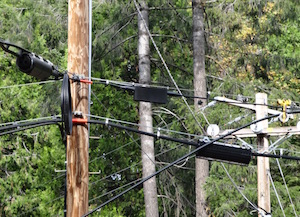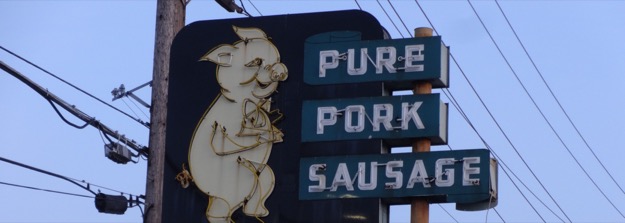Bipartisan bill limits federal environmental review of telecoms projects
broadband, infrastructure, public policy, speed act, wireless broadband

Just don’t disturb the ground.
A bipartisan bill introduced in the U.S. senate aims to put some common sense into environmental law, at least where wireless facilities are concerned. Co-authored by U.S. senators Roger Wicker (R – Mississippi) and Catherine Cortez Masto (D – Nevada), senate bill 1988, aka the Speed act, would exempt a “communication facility installation” from federal environmental and historic reviews, if there’s already infrastructure in place in the project area.
Wireless infrastructure gets additional exemptions.… More


![Ralf Roletschek [GFDL (https://www.gnu.org/copyleft/fdl.html) or CC BY-SA 3.0 (https://creativecommons.org/licenses/by-sa/3.0)], via Wikimedia Commons](https://www.tellusventure.com/images/2017/10/roulette.jpg)


![Mark Miller [CC BY-SA 3.0 (https://creativecommons.org/licenses/by-sa/3.0)], via Wikimedia Commons](https://www.tellusventure.com/images/2017/10/jerry_brown_rally_250.jpg)


![By www.elbpresse.de (Own work) [CC BY-SA 4.0 (https://creativecommons.org/licenses/by-sa/4.0)], via Wikimedia Commons](https://www.tellusventure.com/images/2017/10/lit_fiber.jpg)
![Mark Miller [CC BY-SA 3.0 (https://creativecommons.org/licenses/by-sa/3.0)], via Wikimedia Commons](https://www.tellusventure.com/images/2017/10/jerry_brown_rally.jpg)